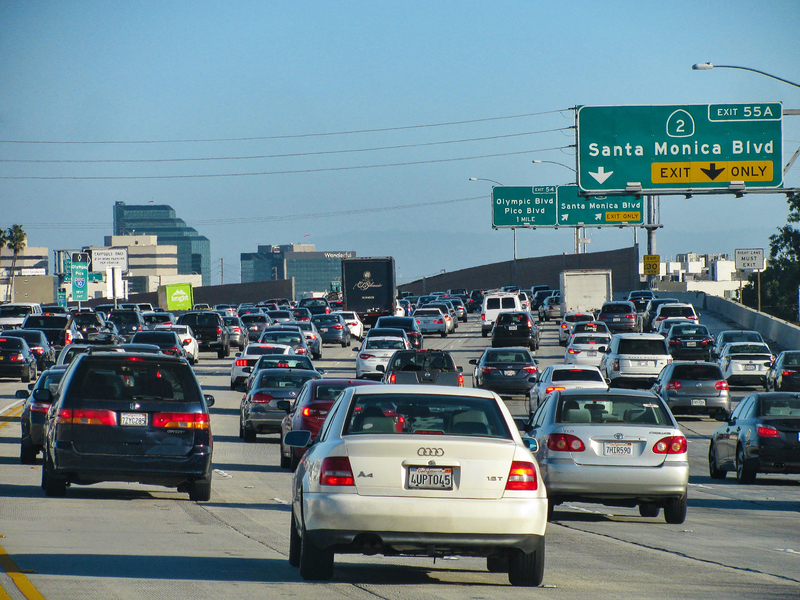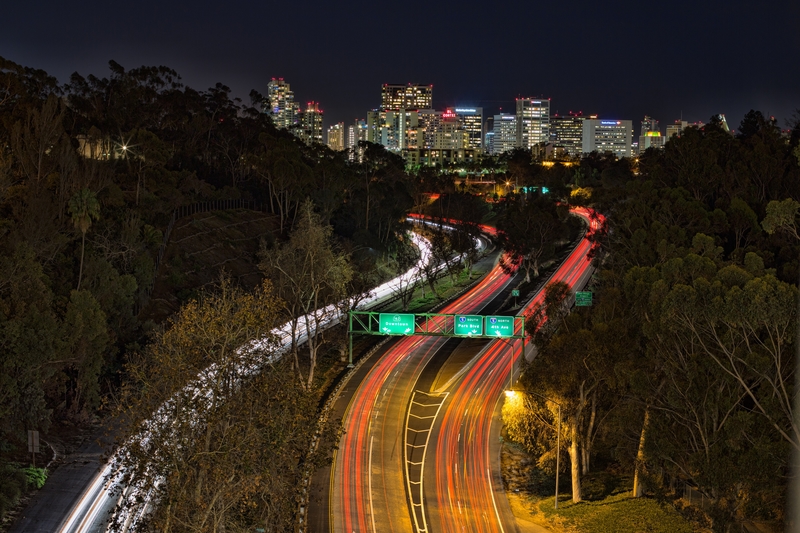The Orange County Transportation Authority, California, is seeking proposals from a shortlist of firms for the design and construction of the I-405 Improvement Project, an important step toward building a better freeway that is intended to improve travel times for those driving the corridor between Costa Mesa and the Los Angeles County line.
The OCTA Board of Directors has unanimously approved the criteria for selecting a firm to design and build the freeway improvements and approved issuing the final re
The Orange County Transportation Authority, California, is seeking proposals from a shortlist of firms for the design and construction of the I-405 Improvement Project, an important step toward building a better freeway that is intended to improve travel times for those driving the corridor between Costa Mesa and the Los Angeles County line.
The OCTA Board of Directors has unanimously approved the criteria for selecting a firm to design and build the freeway improvements and approved issuing the final request for proposals.
The US$1.7 billion project is intended to improve commute times on the San Diego Freeway (I-405) from the SR-73 to the I-605, an area travelled by more than 370,000 vehicles a day, making it the busiest stretch of highway in the nation.
The project, set to begin construction in 2017, includes adding one regular general-purpose lane in each direction, as promised in Measure M, and building express toll lanes.
The design-build firms shortlisted because of their qualifications for the project are OC 405 Partners, Shimmick-Tutor Perini and7136 Skanska-Flatiron.
Once received, OCTA staff will evaluate the proposals to determine which one offers the best value to OCTA in terms of price and technical merit. The OCTA board is scheduled to approve the selection of the design-build team in November.
The Measure M project, being constructed in cooperation with3879 Caltrans, will be funded by a combination of local, state and federal funds, with the toll lane portion of the project financed and paid for by those who choose to pay a toll and use the 405 Express Lanes.
The project is expected to be completed in 2022.
The OCTA Board of Directors has unanimously approved the criteria for selecting a firm to design and build the freeway improvements and approved issuing the final request for proposals.
The US$1.7 billion project is intended to improve commute times on the San Diego Freeway (I-405) from the SR-73 to the I-605, an area travelled by more than 370,000 vehicles a day, making it the busiest stretch of highway in the nation.
The project, set to begin construction in 2017, includes adding one regular general-purpose lane in each direction, as promised in Measure M, and building express toll lanes.
The design-build firms shortlisted because of their qualifications for the project are OC 405 Partners, Shimmick-Tutor Perini and
Once received, OCTA staff will evaluate the proposals to determine which one offers the best value to OCTA in terms of price and technical merit. The OCTA board is scheduled to approve the selection of the design-build team in November.
The Measure M project, being constructed in cooperation with
The project is expected to be completed in 2022.









